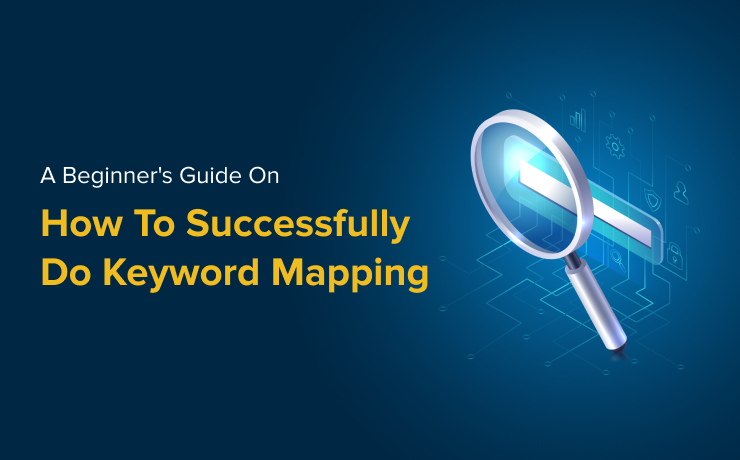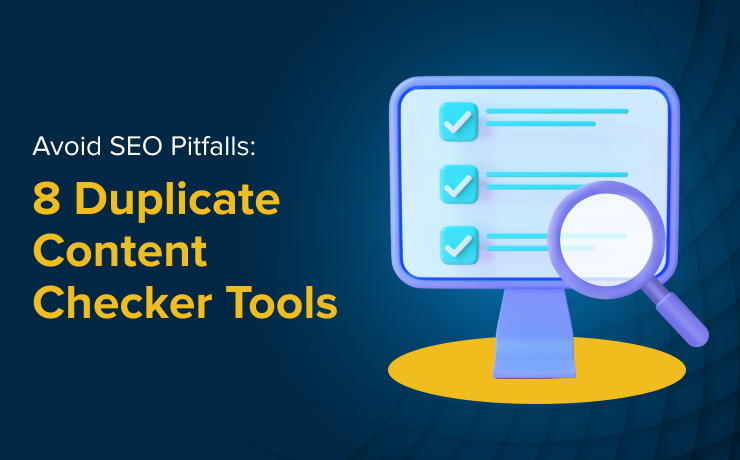
Keyword mapping is a foundational step in any effective SEO strategy. It involves organizing and assigning keywords to specific pages on your website to make sure each page is optimized for relevant search queries.
A well-executed keyword mapping strategy not only improves search engine rankings. It also enhances the user experience by aligning content with user intent. For beginners, this guide will walk you through the essentials of keyword mapping and help you unlock your website’s full SEO potential.
Understanding the Basics of Keyword Mapping
Keyword mapping is more than just assigning popular search terms to web pages; it’s about strategically aligning keywords with the purpose of your website’s content. The goal is to make sure that every page has a clear focus and avoid keyword cannibalization where multiple pages compete for the same keyword. This creates a cohesive and organized structure for search engines to crawl and for users to navigate.
The first step is conducting thorough keyword research. Use tools like Google Keyword Planner, SEMrush, or Ahrefs to identify high-performing keywords relevant to your business. Look for a mix of primary and secondary keywords, balancing competition and search volume. For beginners, start with long-tail keywords as they are often less competitive and more specific, making it easier to rank.
Organizing Keywords by Intent
Understanding user intent is key to successful keyword mapping. Search queries generally fall into three categories: informational, navigational, and transactional. Informational queries are about seeking knowledge, navigational ones aim to find specific brands or websites, and transactional queries signal purchase intent.
You can better match them to the appropriate pages by categorizing your keywords according to intent. For example, blog posts or FAQs align well with informational keywords. Meanwhile, product pages should focus on transactional terms. Organizing keywords in this way makes sure that your website caters to users at every stage of their journey.
Creating a Keyword Mapping Template
To streamline the process, use a keyword mapping template. This can be a simple spreadsheet that includes columns for URLs, primary keywords, secondary keywords, search intent, and notes on content strategy. Assign one primary keyword per page to maintain focus and guarantee the content is directly relevant to the term.
Secondary keywords should complement the primary keyword. They will help to create a more comprehensive and natural flow of content. For instance, if your primary keyword is “best running shoes,” secondary keywords could include “lightweight running shoes” or “affordable running shoes.”
Optimizing On-Page SEO Elements
Once you’ve mapped keywords to your pages, the next step is optimizing on-page SEO elements. Titles, meta descriptions, headings, and body content should incorporate your mapped keywords naturally. Avoid keyword stuffing, as search engines penalize this practice. Instead, aim for organic integration that prioritizes readability and user experience.
Internal linking is another key component of keyword mapping. Link related pages within your site using anchor text that reflects the keywords being targeted. This way, search engines can understand the relationship between your pages while improving navigation for users.
Analyzing and Updating Your Keyword Map
Keyword mapping isn’t a one-time task. Search trends and user behavior evolve. For that reason, it’s necessary to periodically revisit and update your keyword map. Analyze the performance of your mapped keywords using tools like Google Analytics or Search Console. Monitor metrics such as organic traffic, bounce rates, and rankings to identify areas for improvement.
If certain pages are underperforming, consider revising the content or adjusting the mapped keywords. For example, if a keyword has become too competitive, targeting a related long-tail keyword might yield better results.
Why Choose SmartSites for SEO Success?
Keyword mapping is a vital aspect of SEO, but it requires strategic planning and expertise to execute effectively. This is where SmartSites can help. As an award-winning digital marketing agency, SmartSites specializes in organic SEO services that drive real results. With over 900 websites launched, SmartSites has the knowledge and tools to optimize your website for maximum visibility. SmartSites excels in keyword research, on-page optimization, and performance tracking. We make sure your website stays ahead of the competition. As a Premier Google Partner and a trusted name in the digital marketing space, SmartSites delivers tailored digital marketing solutions to meet your business goals. Whether you’re new to SEO or looking to refine your strategy, SmartSites is your go-to partner for success. Contact us today.
 Free
Consultation
Free
Consultation Free
Google Ads Audit
Free
Google Ads Audit








